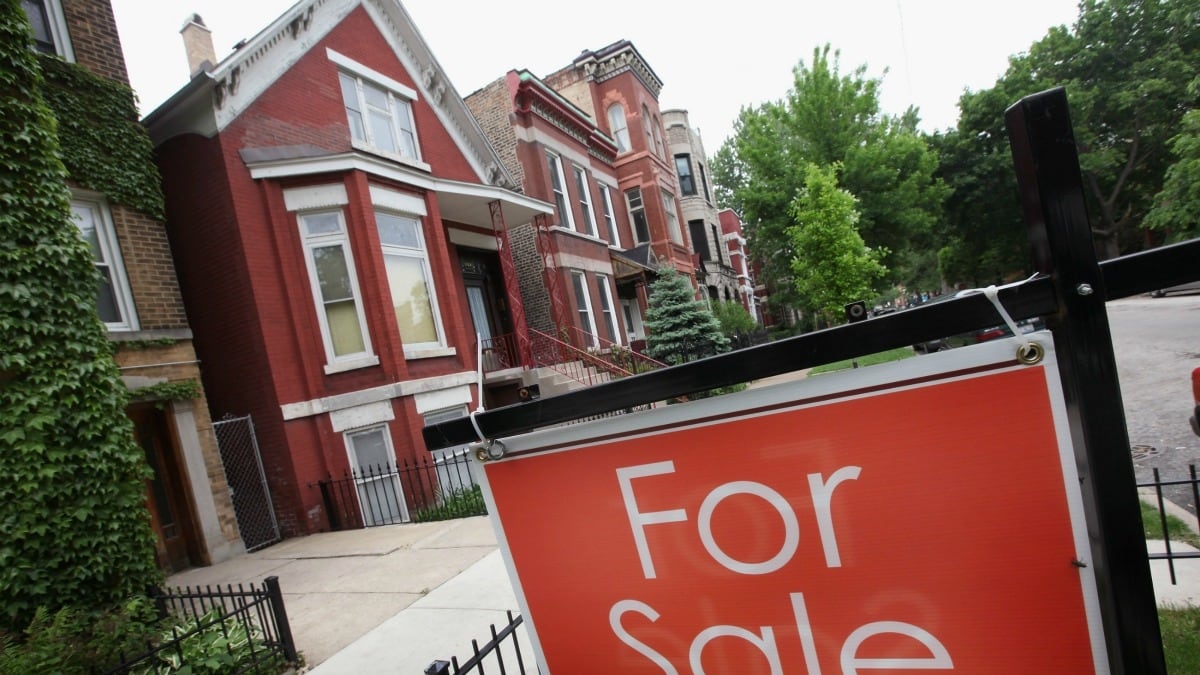
It is commonly believed among large swaths of the population (not just conservatives) that the sub-prime mortgage crisis began because the federal government passed laws encouraging home-ownership. Here is what New York Mayor Michael Bloomberg said in late 2011, expressing this view:
It was not the banks that created the mortgage crisis. It was, plain and simple, Congress who forced everybody to go and give mortgages to people who were on the cusp.…But they were the ones who pushed Fannie and Freddie to make a bunch of loans that were imprudent, if you will. They were the ones that pushed the banks to loan to everybody. And now we want to go vilify the banks because it's one target, it's easy to blame them and congress certainly isn't going to blame themselves.
A working paper from the St. Louis Federal Reserve (which notes that the paper's authors do not reflect an official position of the bank) completely disagrees. The paper asks: Did Affordable Housing Legislation Contribute to the Subprime Securities Boom?
Their first sentence, in its entirety:
No.
It continues:
We find no evidence that lenders increased subprime originations or altered pricing around the discrete eligibility cutoffs for the Government Sponsored Enterprises' (GSEs) affordable housing goals or the Community Reinvestment Act. Our results indicate that the extensive purchases of risky private-label mortgage-backed securities by the GSEs were not due to affordable housing mandates.
The paper does not argue that Fannie and Freddie played no role in the crisis. Instead, it narrowly argues that passing laws such as the Community Reinvestment Act did not impact how Fannie and Freddie operated.
If the paper is correct, one of the policy implications of this might be that it is much harder to mandate behavior than we thought. This raises questions of how effective the healthcare law will be at meeting the targets of its architects.
(H/T to Bruce Bartlett)






